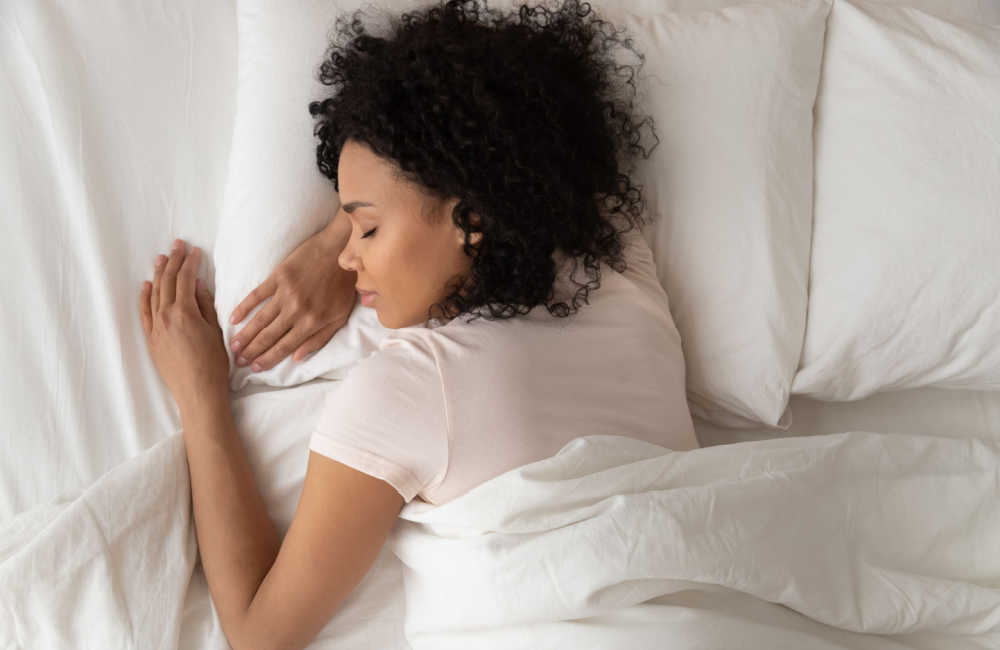Cannabis For Sleep: Can Cannabis Combat Sleep Disorders?
It’s not surprising that people have started to turn to cannabis for sleep. After decades of hearing advice on how to sleep well, changing diets to improve sleep and using innovative tech to help people track sleep, people still have a big problem falling asleep when the lights go out.
How big is the problem? The Centers for Disease Control and Prevention estimates that one in three adults in the U.S. do not get enough sleep. If you are wondering whether you are part of that 33 percent of the population, the recommended amount of sleep for those between the ages of 18-60 is at least seven hours each night. Frequently sleeping less than seven hours is associated with a higher risk for obesity, diabetes, high blood pressure, heart disease, stroke and frequent mental distress.
Lack of sleep leads about 8 percent of the population to take sleep medications to help them sleep, according to a Department of Health and Human Services study. However, cannabis shows promise in helping people with many different health and wellness issues. Is CBD for sleep one of them?
Research Associates Cannabis With Better Sleep
Although the situation that has led to a lack of cannabis research in the United States is starting to change, there is still is relatively little research into the relationship between cannabis and wellness. That includes research into sleep.
However, a group of Colorado researchers published study results in 2019 that showed cannabis (CBD specifically) had a positive impact on those who lost sleep due to anxiety. Of those involved in the study, 79.2 percent saw anxiety levels fall within the first month of using cannabis for sleep. Also, 66.7 percent experienced improvement in their sleep in the first month, although this number fluctuated over the ensuing months.
Also, researchers who reviewed 26 studies wrote that there is “promising preliminary evidence” that cannabinoids, including THC and CBD, may serve as possible treatments for sleep issues such as insomnia, sleep apnea, restless legs syndrome and nightmares related to post-traumatic stress disorder.
Cannabis May Impact Cortisol Levels
In a summation on the potential health benefits of CBD, the Harvard Medical Review wrote that CBD “is commonly used to address anxiety, and for patients who suffer through the misery of insomnia, studies suggest that CBD may help with both falling asleep and staying asleep.”
One theory about CBD is that it lowers the levels of cortisol. Known as the stress hormone, cortisol levels tend to peak in the morning. However, those with stress and anxiety may experience higher levels of cortisol around bedtime, making sleep harder for them.
Older studies on CBD have raised this issue. For example, one found that taking 300 or 600 mg of CBD oil lowered cortisol levels in study participants, meaning it may act as a kind of sedative. Another study found that when compared to a placebo, those who took CBD had a longer duration of sleep.




